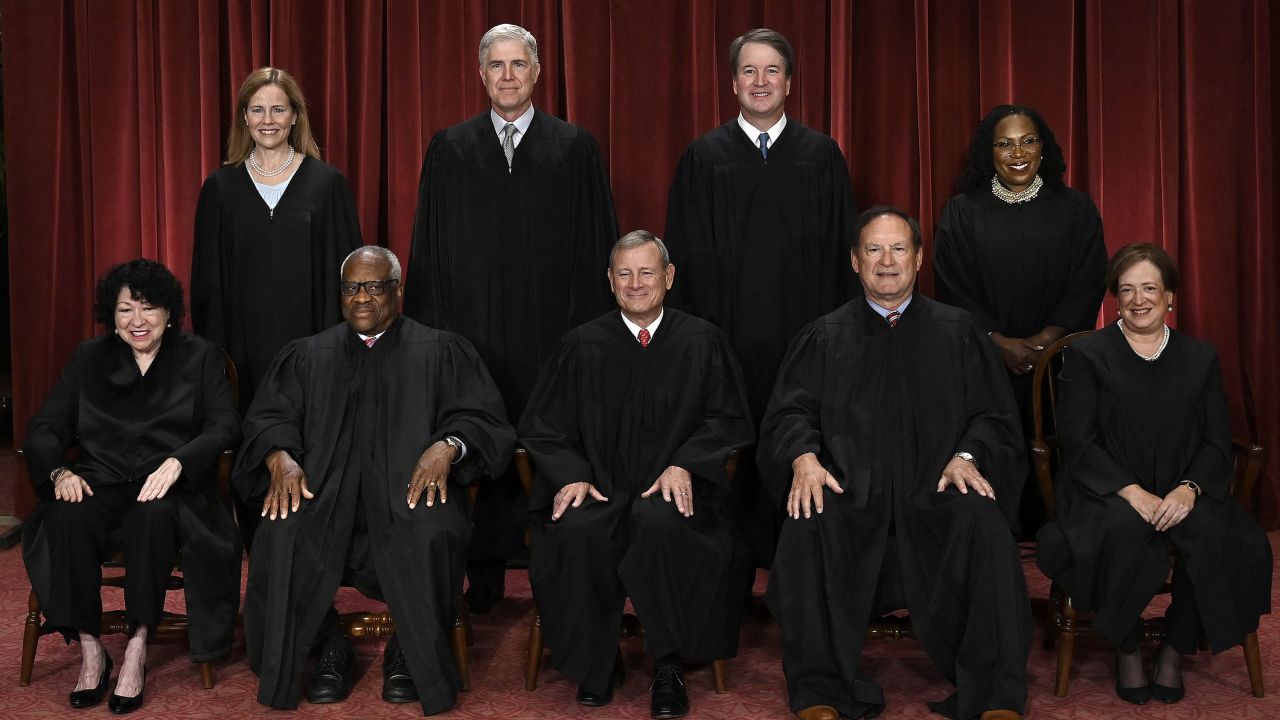Members of Congress continue to react to the news that the Supreme Court has gutted affirmative action at the college level, with Republicans praising the decision and Democrats lamenting it.
GOP Sen. Mitch McConnell: “Today’s rulings make clear that colleges may not continue discriminating against bright and ambitious students based on the color of their skin.”
GOP Rep. Virginia Foxx, who chairs the House Committee on Education and the Workforce, called the decision, “a welcome victory for countless students across the country.”
“Academia’s ivory towers should not divide and promote preferences based on the color of one’s skin. In America, fairness is the key to educational opportunity, where one’s success is judged by merit rather than arbitrary quotas,” she added.
GOP Sen. Ted Cruz, who sits on the Senate Judiciary Committee, said Thursday was a “great day for all Americans,” in a statement.
“Today, the Supreme Court upheld the 14th Amendment rights of Asian-Americans and ruled that Harvard and the University of North Carolina’s explicit and egregious policies of racially discriminating against Asian-Americans and other students are unconstitutional,” he said.
Democratic Sen. Peter Welch, meanwhile, lamented the decision, telling CNN’s Manu Raju it is a “great disappointment.”
“This is a real blow to affirmative action. And it’s another indication of the Supreme Court with an extraordinarily conservative orientation. But the impetus for diversification is very powerful and I don’t think will be entirely stopped because the Supreme Court has invalidated its use in an explicit way.”
Democratic House Minority Leader Rep. Hakeem Jeffries slammed “right-wing ideologues” on the the Supreme Court for overturning Roe. v. Wade last year, and this year, now going after affirmative action.
“The very same extremists just obliterated consideration of racial diversity in college admissions. They clearly want to turn back the clock. We will NEVER let that happen,” Jeffries said.
The Congressional Black Caucus said: “By delivering a decision on affirmative action so radical as to deny young people seeking an education equal opportunity in our education system, the Supreme Court has thrown into question its own legitimacy.”
Democratic Rep. Alexandria Ocasio-Cortez said: “If SCOTUS was serious about their ludicrous ‘colorblindness’ claims, they would have abolished legacy admissions, aka affirmative action for the privileged. 70% of Harvard’s legacy applicants are White. SCOTUS didn’t touch that - which would have impacted them and their patrons.”
The Congressional Hispanic Caucus: “Today’s ruling by the Supreme Court dismantles more than 40 years of precedent to increase representation for marginalized groups in university and college campuses, erasing decades of progress,” Rep. Nanette Barragán, who chairs the caucus, said in a statement.
The Congressional Asian Pacific American Caucus said in a tweet that today’s affirmative action decision “deals a needless blow to America’s promise of equal and fair opportunity. It should not be viewed as a win for the Asian American Native Hawaiian and Pacific Islander community.”
Some context: Asian Americans have taken a central role in the debate over affirmative action in higher education, with opponents arguing the policies favor Black and Latino students over students of Asian descent, and hold Asian Americans to a higher standard for admission.
CNN’s Morgan Rimmer and the Hill Team contributed reporting to this post.






































